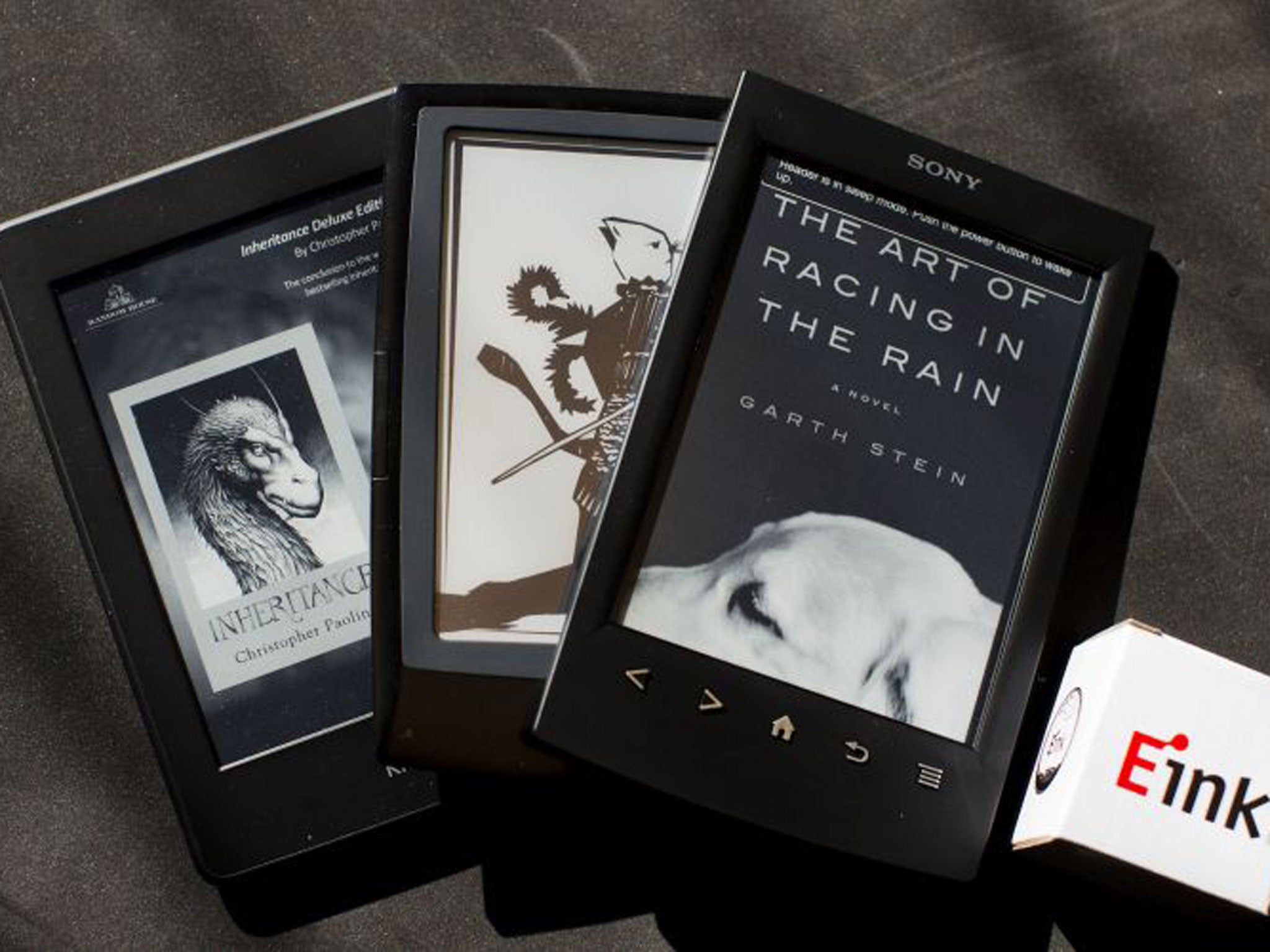Ebooks for 20p may be a novel idea, but it spells bad news for literature
But reading between the lines, Samuel Muston discovers that it could be bad news for all of us

Your support helps us to tell the story
From reproductive rights to climate change to Big Tech, The Independent is on the ground when the story is developing. Whether it's investigating the financials of Elon Musk's pro-Trump PAC or producing our latest documentary, 'The A Word', which shines a light on the American women fighting for reproductive rights, we know how important it is to parse out the facts from the messaging.
At such a critical moment in US history, we need reporters on the ground. Your donation allows us to keep sending journalists to speak to both sides of the story.
The Independent is trusted by Americans across the entire political spectrum. And unlike many other quality news outlets, we choose not to lock Americans out of our reporting and analysis with paywalls. We believe quality journalism should be available to everyone, paid for by those who can afford it.
Your support makes all the difference.Those familiar with the 1990s cult teen film Clueless, will know of the phenomenon called "buyer's remorse": when the purchaser of an expensive, unnecessary, but highly prized item is wrought with anxiety after handing over the credit card.
I got this feeling in reverse on Christmas Day. Downloading Safe House by Chris Ewan (Faber) for my mother (the first book on her new Kindle), I noticed its price: 20p. A 448-page, well-reviewed work only a few months old was being touted for less than the price of a banana in our office canteen.
I would – and thousands have – paid many multiples of 10 for such a title. We do so quietly hoping that we are in some way supporting authors, publishers and literature in general. Was the 20p price a mistake then? Or some further push by Amazon to annexe the entire means by which books are sold in the word?
In fact, Amazon was only price matching. The 20p ebook story actually starts with Sony, whose UK ebookstore began the practice of offering 10 top-flight books at massive reductions in the summer. Back then it was Alan Hollinghurst's The Stranger's Child making ripples. A major book – so why offer it for only a few pence?
The ebook market increasingly runs on a wholesale model. Here's how it works: the publisher produces a book and sets an RRP of, say, £10. The retailer then says: we need this book from you at, say, 55 per cent discount. So the publisher gets £4.50 per book and the retailer then sells it for whatever it wants. The 20p ebooks represent a huge percentage loss for the retailer. So why do it? "Because it allows them to consolidate their market share" says Kate Poole, deputy chief executive of the Society of Authors, "then in future when they may increase the price"
Kate Poole worries about the devaluation of ebook and books in general by this sort of action. "Because ebooks have no physical manifestation it is harder for consumers to perceive the production cost that have gone into them – 20p could eventually be seen as the benchmark price". Although Sony points out there are "only a small selection of great titles available" and that it is "confident the British reading public is able to discern that a handful of ebooks at 20p does not make 20p the new price for ebooks."
Even so, there are still concerns that such deep discounting further puts pressure on already withering high-street book shops. With the unavoidable overheads of a physical shop, it is easy for them to be pinched out of existence.
This process is bad for literature says Poole. "Part of the function of publishers and high-street book shops is to filter manuscripts, to ensure the good float to the surface. It has always been subjective but it has always required both to put their money where their mouth when it comes to books they believe in. Now anyone can self-publish, that is exceptionally important."
It is a happy time then, for curious readers getting decent fiction at low prices, but today's sunshine may mean a long winter for publishers and consumers alike in years to come.
Join our commenting forum
Join thought-provoking conversations, follow other Independent readers and see their replies
Comments